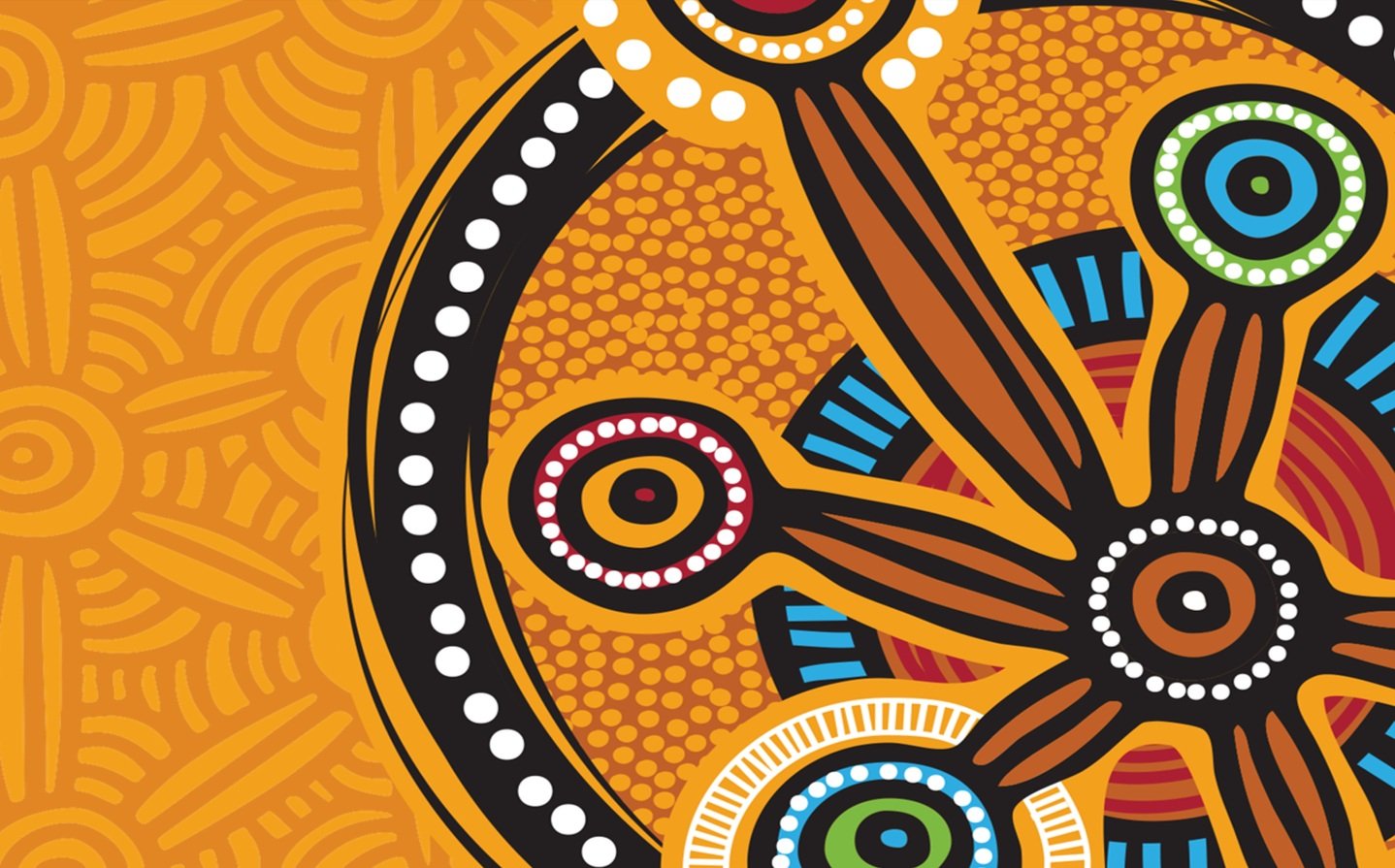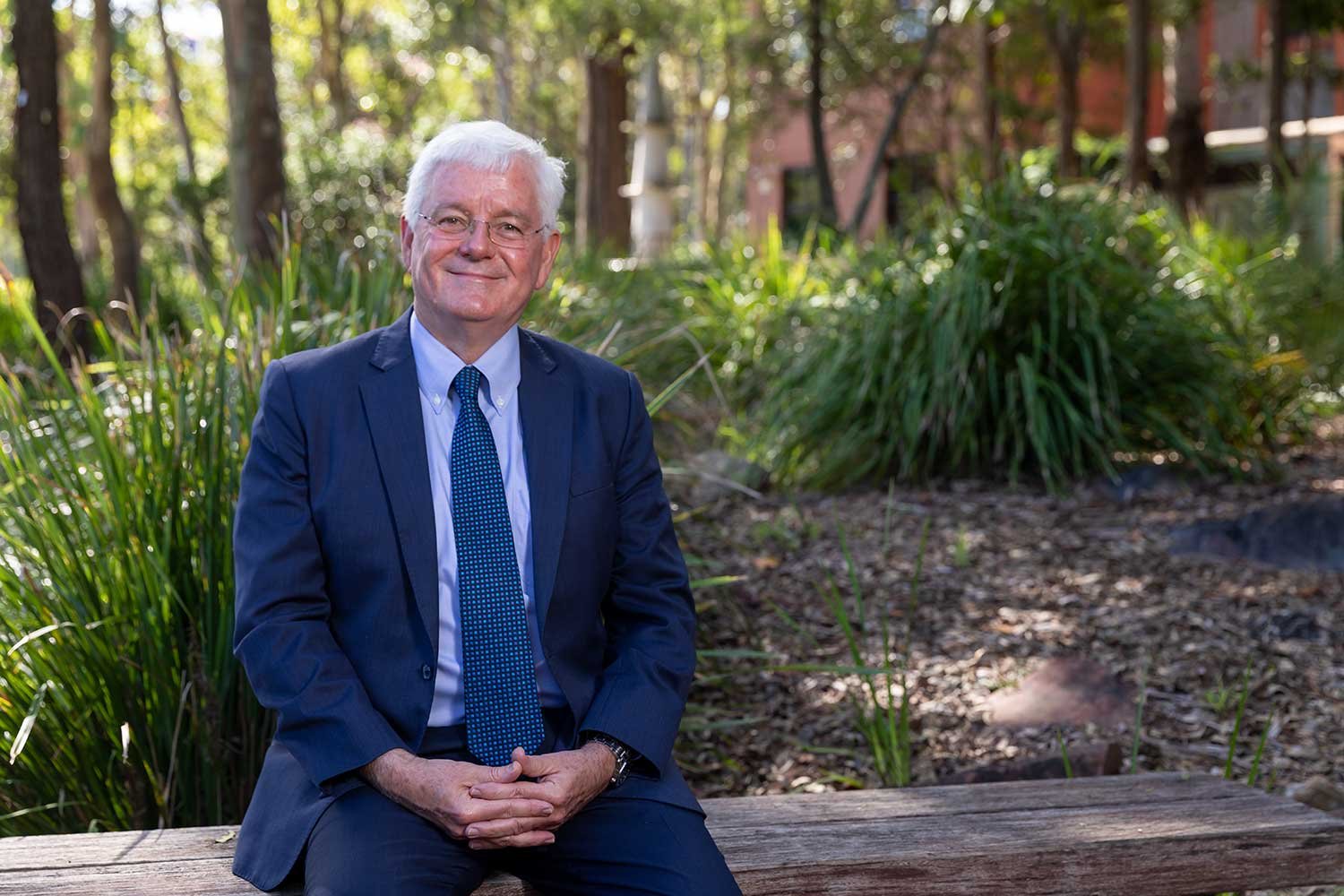
News


Read our March Newsletter
Catch up on all our news in the PoCoG Quarterly newsletter for March

Research Study: Co-designing the iCanBlend Model
University of Sydney Researchers are looking for participants to co-design a cancer specific, blended psychological support model.

CDW: End of Life, Palliative Care and Bereavement
We are now accepting submissions for our next CDW, which is in Sydney on Thursday 30 May and has a focus on a focus on palliative and end of life care as well as bereavement.

Improving Outcomes for First Nations Cancer Patients - FINAL Module
The final module in the series Improving Outcomes for First Nations Cancer Patients: Aboriginal and Torres Strait Islander people’s participation in clinical trials is now available.

Improving Outcomes for First Nations Cancer Patients - Module 2
Module 2 of the e-learning series Improving Outcomes for First Nations cancer patients: Communicating with patients and carers is now available.

Congratulations Professor Brian Kelly AM
PoCoG Chair, Professor Brian Kelly, was made a was made a Member in the General Division of the Order of Australia (AM) on Australia Day.
